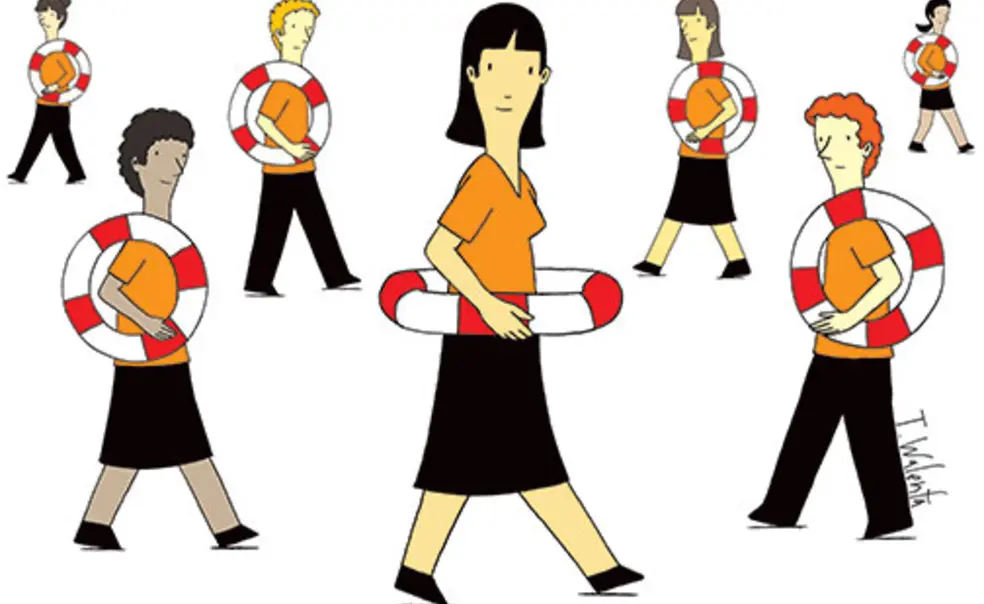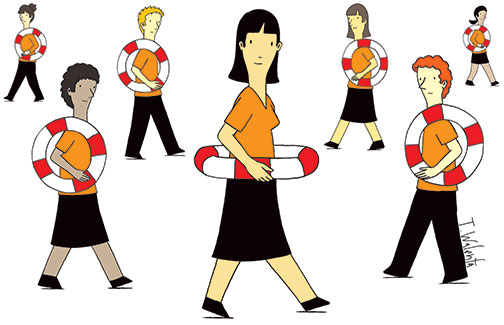Student Dispatch: UMatter Campaign Calls on Students to Get Involved, Keep Others Safe
The announcement could not have been more timely: Just four days before the release of Princeton’s sexual-misconduct survey, the University launched a program encouraging students to make healthy choices and intervene on behalf of others.
Called UMatter, the initiative focuses on three major campus concerns — interpersonal violence and abuse, high-risk drinking, and mental-health distress — and offers advice on taking action to prevent dangerous situations.
The issues that surfaced in the We Speak survey and those addressed by UMatter are tied to campus culture, said Kathy Chow ’17, chair of the Undergraduate Student Government’s student life committee.
“I think it’s all part of the Street culture, and that needs to be changed,” Chow said. “Because our social life is so centered on the Street, I think students sometimes feel like they have to go out. It facilitates an environment in which a lot more drinking happens, and consequently we have sexual assault in some unfortunate cases.”
The UMatter website seeks to provide the tools to create a safer community. For example, students are told that being an effective bystander starts with noticing small things, such as offensive comments or controlling behavior in a relationship, to prevent harm before problems escalate.
A UMatter Facebook post Sept. 20 — the morning of Lawnparties — offered tips on how to “drink smart” (eat, hydrate, and pace), while pointing out that New Jersey law and University policy prohibit drinking alcohol by those under 21.
“I think too often these issues are brushed over,” said Grace Miles ’18, a member of the SHARE peer-advising group, “but as on any campus, there are problems where people do have depression, people do handle alcohol poorly, sexual assaults do happen.” She praised the UMatter initiative for addressing the issues “in an organized manner that’s a lot more public.”
Some students cautioned, however, that the problems would not be easy to resolve.
Aaron Yin ’17 said the student survey established a link between high-risk drinking and sexual misconduct, but that is only “the very first step.” Developing a series of techniques that students find helpful, he said, “will require a lot of work, and I’m hoping that the University will execute much more than it talks.”














No responses yet